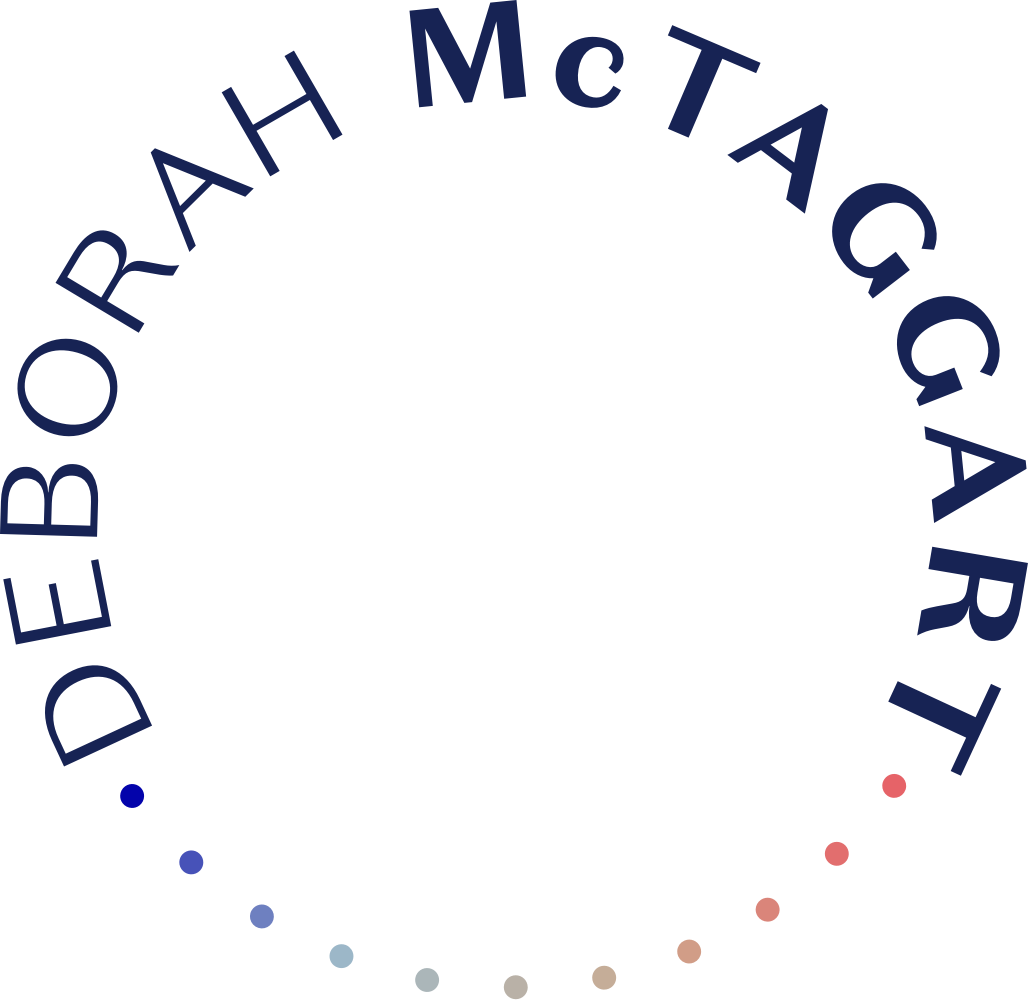Packing Beets for Sport
Beta vulgaris rubra (red beetroot) made its debut as an ergogenic aid in 2009. Scientists at the Karolinska Institutet, Stockholm, demonstrated that 9 recreational male athletes taking sodium nitrate against sodium chloride (placebo) could reduce their blood pressure and oxygen demand during a cycle trial (Larsen, Weitzberg, Lundberg, & Ekblom, 2007). In this trial, submaximal and maximal work tests on a cycle ergometer were used in a randomized double-blind placebo-controlled cross over study.
The use of beets as an ergogenic aid is popular with elite athletes and the IOC deem it legal and permissible. The AIS list beetroot juice as a Group A performance supplement on their website stating it can be “used to directly contribute to optimal performance”. However, this is a case of the tail wagging the dog. Institutes like the AIS do not necessarily wait for conclusive evidence from athlete trials on a supplement as this could take years causing them to lose out to their competitors, and ultimately costing their athletes results.
Packaging beetroot for sport
The two main market leaders in the sports beet products are Neogenis Sport, US and James White Drink’s, UK. Neogenis Sport produce BeetEliteTM neo shot (http://neogenissport.com/product/), sachets that promise to deliver nitrate 3x faster through the nitric oxide content of 6 beets in 1 shot. James White Drinks’ Beet It Sport (http://www.healthgauge.com/read/beet-it-sport-nitrate-3000-launches/) boasts 3000mg of dietary nitrate, being 40% more than competitors. The company’s managing director Lawrence Mallinson says of his product: “This is a story about nitrates – not beetroot.”
Nitrates and performance
Beets do contain a high degree of nitrate, a naturally occurring compound that forms part of the nitrogen cycle, resulting in nitric oxide, essential for the formation of amino acids into protein. Nitrate rich foods provide an exogenous source to fuel the nitrate-nitrite-nitric oxide (NO) pathway. Nitric oxide is an important cellular signaling molecule, is highly reactive and intricately involved in a host of physiological processes including but not limited to, neuronal communication and the action of blood vessels using NO to signal smooth muscle to relax, thereby increasing blood flow.
Endogenous formation of nitric oxide occurs as nitric oxide synthase, requiring the conversion of L-arginine, oxygen and NADPH. However, this conversion takes place in the presence of high O2 levels in blood, which is not the case during exercise when mitochondrial uptake of oxygen from the blood is greater in order to produce energy.
The nitrate-nitrite-nitric oxide pathway can raise nitrate (NO3) blood levels effectively through its reduction to nitrite in the mouth with the help of oral bacteria. It is by increasing NO bioavailability through the use of this pathway that forms the basis of research on beets and performance.
Research indicates that drinking 500ml/day of beet juice for 6 days enabled non- athletes to run 15% longer before experiencing fatigue after completing time to exhaustion treadmill exercises in a randomized, double-blind, crossover study (Lansley, Winyard, Fulford, et al., 2011); the same researchers found that 500ml 2.5 hours before a time trial test improved performance by around 2.7% in club level cyclists (Lansley, Winyard, Bailey, et
170ml/d of concentrated beet juice improved performance by 12 seconds on trained cyclists in a time trial (Cermak, Gibala, & van Loon, 2012); nitrate showed moderate improvement on performance time to exhaustion (Hoon, Johnson, Chapman, & Burke, 2013); and improved mitochondrial efficiency (Larsen et al., 2011).
However, the evidence with trained athletes is inconclusive. (Hoon et al., 2013) conducted a meta-analysis review of research and found no real difference when trialed on competitive cyclists. Likewise (Lane et al., 2014) found that even when combining beetroot juice and caffeine, or in concentrate form, no difference was found in a 60-minute cycle simulated time trial with competitive cyclists.
(Jones, 2014) notes in his extensive review of the literature on nitrate supplementation and exercise performance that highly trained subjects are likely to have high NOS activity so that their response to a standard dose of nitrate may be diminished.
Furthermore, the athlete, recreational or otherwise, should proceed with caution with excessive beet consumption. Beets are a concentrated source of oxalates. This is a concern for the trained athlete whose diet is more likely to be high in protein, water and possibly calcium supplementation, as such a diet may cause kidney stone formation.
Conclusion
The conclusion is that although nitrate proves to be a promising ergogenic aid, it is a fairly unanimous view in academia that additional research is required in determining its scope (Jones, Vanhatalo, & Bailey, 2013), determining the best population for its ergogenic use (Jones et al., 2013) and understanding the properties of beet that enhance performance, alongside nitrate. To date, very few trials on the elite athlete have been conducted, and what has been studied demonstrates poor results.
Recreational athlete
What is evidenced is that nitrate supplementation benefits the recreational athlete over the trained athlete, especially when loaded across a number of days, and that more research sample size of the best athletes, set in a real-world simulation is required to understand the effect on a trained athlete. Furthermore, until such time isolated compounds of the beet have demonstrated their worth for the elite athlete, and an understanding of their long-term use effect, the unanimous vote in academia is enhance your NO bioavailability through whole food options, high in nitrates, including spinach and beets. This simply means eating your vegetables.
Deborah McTaggart is a registered Nutritionist practising in Barnes, London near Chiswick, Richmond and Kew. She specialises in men’s health, men’s nutrition and sports nutrition for the recreational athlete.
